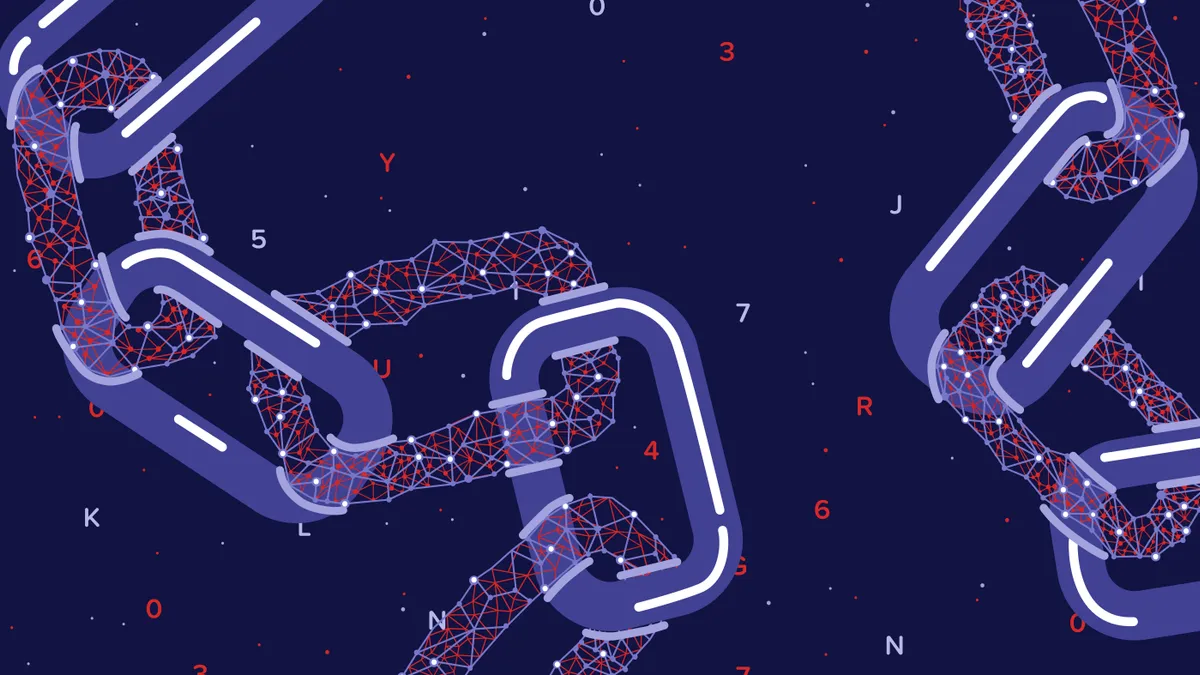Dive Brief:
- The U.S. Food and Drug Administration chose IBM, KPMG, Merck & Co. and Walmart as part of a blockchain pilot program designed to track and ensure the integrity of medicines.
- The companies said they expect to complete the program in the fourth quarter of this year, with results slated for publication in an FDA report.
- Participants "will evaluate next steps" after the conclusion of the pilot, the companies said in a joint statement Thursday.
Dive Insight:
The four industry powerhouses are the latest to tackle the need for an interoperable system that can track and trace prescription drugs and vaccines across the supply chain. The Drug Supply Chain Security Act, passed by Congress in 2013, requires that such a system be in place by 2023.
Using a shared permission blockchain network, the companies said they will be able to offer real-time monitoring of medical products. The partners will be able to access distribution information, trace inventory and determine product integrity, with data such as temperature control.
The blockchain network will also establish a permanent record and may be able to connect to existing systems used for the supply chain and tracing products, the companies said. The ability to access cloud infrastructure is making blockchain systems more affordable and adaptable, according to KPMG.
Walmart has already deployed successful blockchain pilot projects in pork, mangoes and leafy greens and is now ready to bring its knowledge to medicines.
The new pilot is the latest in a series of recent announcements about blockchain's application to pharmaceuticals. Earlier this year, SAP debuted a blockchain technology hub with the potential to help keep counterfeit drugs off the market. And in 2018, drugmaker GlaxoSmithKline said it was working with Viant, an Ethereum-based blockchain platform built for supply chains.












